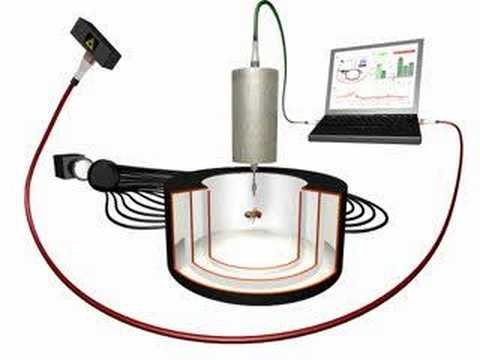Due to political developments, the US have become a much less welcoming and hence dramatically less attractive place for academic conferences. This year, nobody from our research group was interested in attending our otherwise regular meeting of the Society for […] ↓ Read the rest of this entry…
Posts Tagged self-learning
It has been almost 10 years now that we have come to the realization that a particular type of our operant experiments can be classified as motor learning. In such “operant self-learning” experiments, the animal learns about the consequences of […] ↓ Read the rest of this entry…
It was my freshman year, 1991. I was enthusiastic to finally be learning about biology, after being forced to waste a year in the German army’s compulsory service at the time. Little did I know that it was the same […] ↓ Read the rest of this entry…
I just sent the poster for this year’s Society for Neuroscience meeting to the printer. As our graduate student is preparing his defense and our postdoc did not get a visa (no thanks, US!), we just have a single poster […] ↓ Read the rest of this entry…
The first conference after the Sars CoV2 pandemic! We’re headed for Paris, France tomorrow and our lab will present two posters, the work of graduate student Andreas Ehweiner and postdoc Radostina Lyutova. Andreas has been working on the cellular and […] ↓ Read the rest of this entry…
The human FOXP2 (Forkhead Box P2) gene has been identified as a key component for the development of language. Such vocal learning is a form of motor learning that proceeds slowly from babbling in toddlers (or subsong in songbirds) towards […] ↓ Read the rest of this entry…
Tethering a fly for stationary flight allows for exquisite control of its sensory input, such as visual or olfactory stimuli or a punishing infrared laser beam. A torque meter measures the turning attempts of the tethered fly around its vertical […] ↓ Read the rest of this entry…
Last week, Elizabeth Pennisi asked me to comment on the recent paper from Schreiweis et al. entitled “Humanized FoxP2 accelerates learning by enhancing transitions from declarative to procedural performance”. Since I don’t know how much, if anything, of my answers […] ↓ Read the rest of this entry…
See this post with the associated press releases on brembs.net. The Forkhead Box P2 (FOXP2) gene is well-known for its involvement in language disorders. We have discovered that a relative of this gene in fruit flies, dFoxP, is necessary for […] ↓ Read the rest of this entry…
At this year’s Winter Conference on Animal Learning and Behavior, I was invited to give the keynote presentation on the relationship between classical and operant conditioning. Using the slides below, I argued that Skinner already had identified a weakness in […] ↓ Read the rest of this entry…












